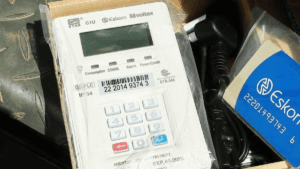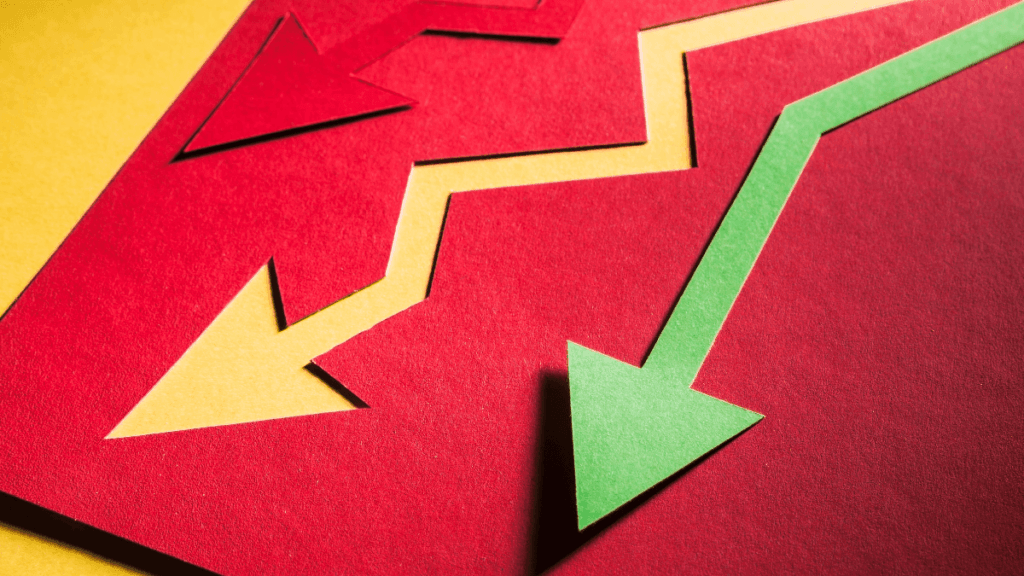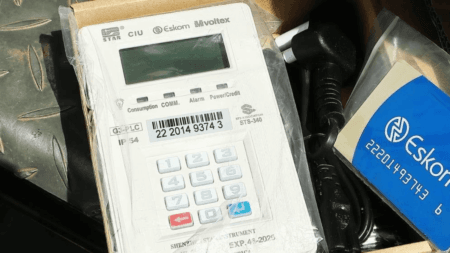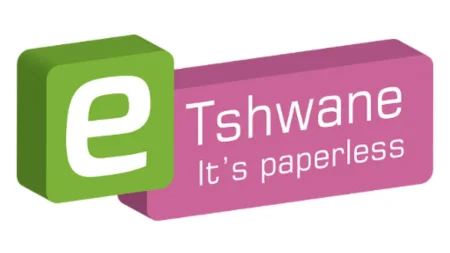Inflation and deflation are two key economic terms that affect how money works in a country. For South Africans, understanding these concepts is crucial, as they directly influence the cost of living, purchasing power, and overall economic stability. But what exactly is the difference between inflation and deflation, and how do these forces shape your financial life?
In this article, we’ll break down the key differences, how they affect everyday life, and what South Africans can do to stay ahead of the curve.
1. What is Inflation?
Inflation refers to the general increase in the prices of goods and services over time. In a typical inflationary economy, the value of money decreases, meaning that over time, you need more money to purchase the same goods. Inflation is usually measured by the Consumer Price Index (CPI), which tracks the price changes in a basket of goods, such as food, housing, and transportation.
How Does Inflation Impact South Africans?
Inflation can affect different segments of society in various ways. For many South Africans, the effects of inflation are most visible in rising prices for everyday goods like food, gas, and electricity. If your income does not rise at the same pace as inflation, your purchasing power declines, making it harder to afford the same lifestyle.
Examples of Inflation in South Africa:
- Food Prices: The cost of staples like maize meal, bread, and milk have increased steadily over recent years, putting pressure on households, especially in lower-income groups.
- Fuel Costs: Petrol price hikes impact transport costs for consumers and businesses alike, driving up the price of goods across the board.
- Electricity Tariffs: Eskom, South Africa’s primary electricity supplier, has consistently increased electricity tariffs to cover operational costs, contributing to the cost of living.
2. What is Deflation?
Deflation is the opposite of inflation. It refers to a decrease in the general price level of goods and services over time. While it might sound like a good thing to pay less for items, deflation is usually a sign of economic trouble. When deflation occurs, consumer demand tends to decrease, leading to lower business profits, layoffs, and reduced wages.
In South Africa, deflation is a rare phenomenon but can still happen during periods of economic contraction or a recession. Although deflation might lower prices in the short term, it often leads to economic stagnation, job losses, and an overall decline in economic growth.
How Does Deflation Impact South Africans?
At first glance, deflation may seem like a relief for consumers. However, prolonged deflation can hurt the economy in several ways:
- Lower Wages and Job Cuts: With businesses struggling to maintain profits, they may lay off workers, freeze wages, or even reduce salaries, increasing unemployment and reducing overall spending power.
- Decreased Investment: Businesses may delay expansion plans or investments due to uncertain future profits. This can result in fewer jobs and slower economic growth.
- Increased Debt Burden: For individuals with loans or debt, deflation can worsen the situation. As prices fall, the value of debt stays the same, making it harder to pay off loans.
3. Key Differences Between Inflation and Deflation
| Feature | Inflation | Deflation |
|---|---|---|
| Price Level | Prices rise over time | Prices fall over time |
| Economic Activity | Encourages spending and investing | Discourages spending and leads to economic stagnation |
| Purchasing Power | Decreases as money loses value | Increases as money gains value |
| Wages and Employment | Wages generally rise, but may not keep up with inflation | Wages tend to fall or stagnate, leading to job cuts |
| Debt | Erodes the value of debt | Increases the real burden of debt |
4. Inflation vs. Deflation: Which is Worse for South Africa?
Both inflation and deflation have distinct and often detrimental impacts on the economy and individuals, but which one is worse?
- Inflation can be problematic because it erodes purchasing power, making it difficult for South Africans to afford daily necessities. However, moderate inflation is typically considered a sign of a growing economy. South Africa has historically experienced moderate inflation, with the Reserve Bank setting an inflation target range of 3-6%.
- Deflation, while it may lower prices in the short term, can be devastating in the long run. It can lead to economic stagnation, job losses, and lower wages. This is particularly harmful in South Africa’s current economy, where unemployment rates are already high, and growth is sluggish.
5. The Role of the South African Reserve Bank
The South African Reserve Bank (SARB) plays a central role in managing inflation and preventing deflation. It uses monetary policy tools such as interest rates to influence economic activity.
- To combat inflation, the Reserve Bank may increase interest rates. This makes borrowing more expensive and slows down spending, which helps to control the rise in prices.
- To combat deflation, the Reserve Bank may lower interest rates, making borrowing cheaper and encouraging spending and investment.
In South Africa, the SARB aims to keep inflation within the 3-6% target range. If inflation rises too quickly, the central bank may increase interest rates to cool the economy. If inflation falls too low, or if deflation sets in, it may lower interest rates to stimulate economic activity.
6. How Can South Africans Protect Themselves Against Inflation and Deflation?
While inflation and deflation are largely beyond the control of individuals, there are steps South Africans can take to protect themselves:
Against Inflation:
- Invest in Assets that Hedge Against Inflation: Real estate, stocks, and inflation-linked bonds often outperform cash during inflationary periods.
- Increase Financial Literacy: Understanding how inflation affects savings and investments can help individuals make better decisions, such as diversifying investments or choosing inflation-resistant options.
- Cutting Costs and Budgeting: Be mindful of changing prices, and consider adjusting budgets to focus on necessary expenses rather than luxuries.
Against Deflation:
- Diversify Investments: If deflation hits, the stock market might suffer. Diversifying into stable assets, such as bonds or international stocks, can reduce risks.
- Avoid High Debt Levels: In a deflationary environment, debt becomes harder to pay off. Staying debt-free or minimizing debt is crucial to maintaining financial stability.
The Economic Balance South Africa Needs
Inflation and deflation represent opposite ends of the economic spectrum, and both can have significant impacts on South Africa’s economy and individual households. While moderate inflation can signal a growing economy, deflation can lead to a vicious cycle of stagnation and job losses. Understanding these concepts allows South Africans to take proactive steps to protect their financial well-being.
Check also: Beating Inflation: Smart Strategies to Protect Your Money
The key for South Africa, as with any nation, is finding a balance. Too much inflation erodes purchasing power, while deflation leads to economic contraction. A stable inflation rate helps ensure that the economy remains healthy, and the value of the currency doesn’t drastically change. In the face of these forces, it’s important for South Africans to stay informed, plan wisely, and make decisions that safeguard their future in an unpredictable economic landscape.










